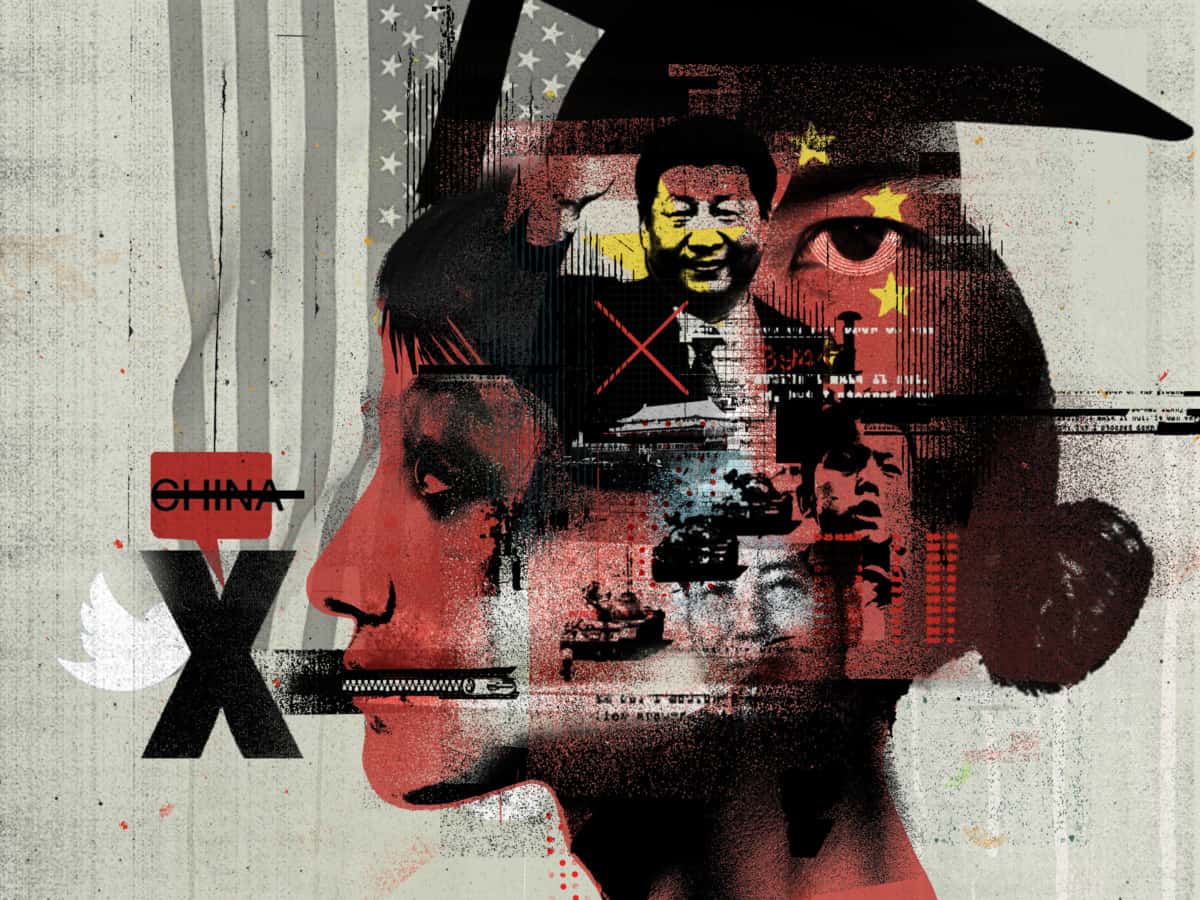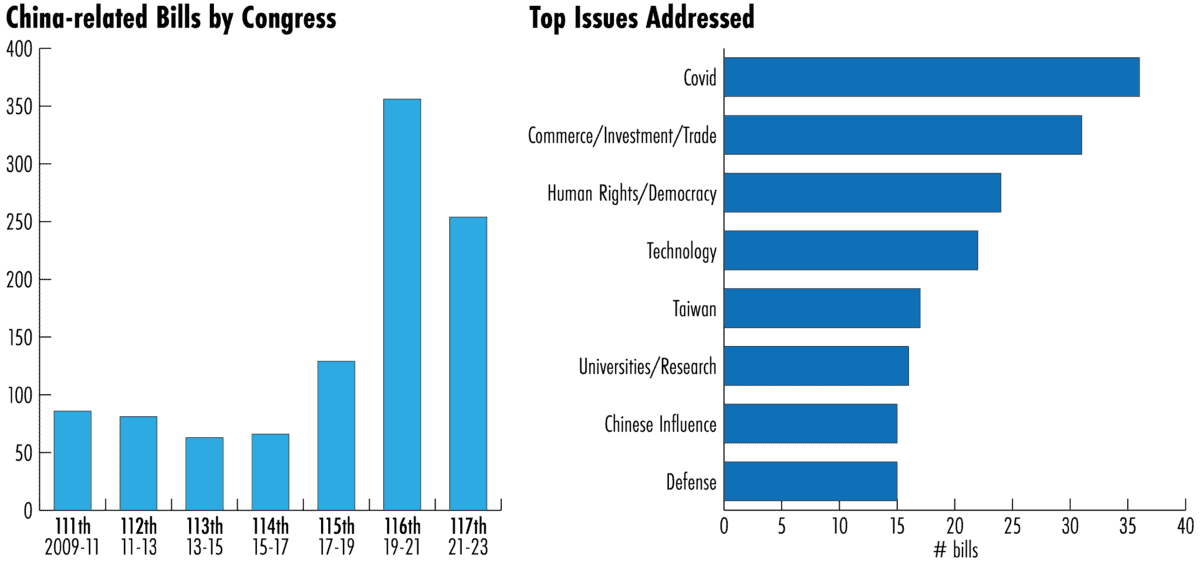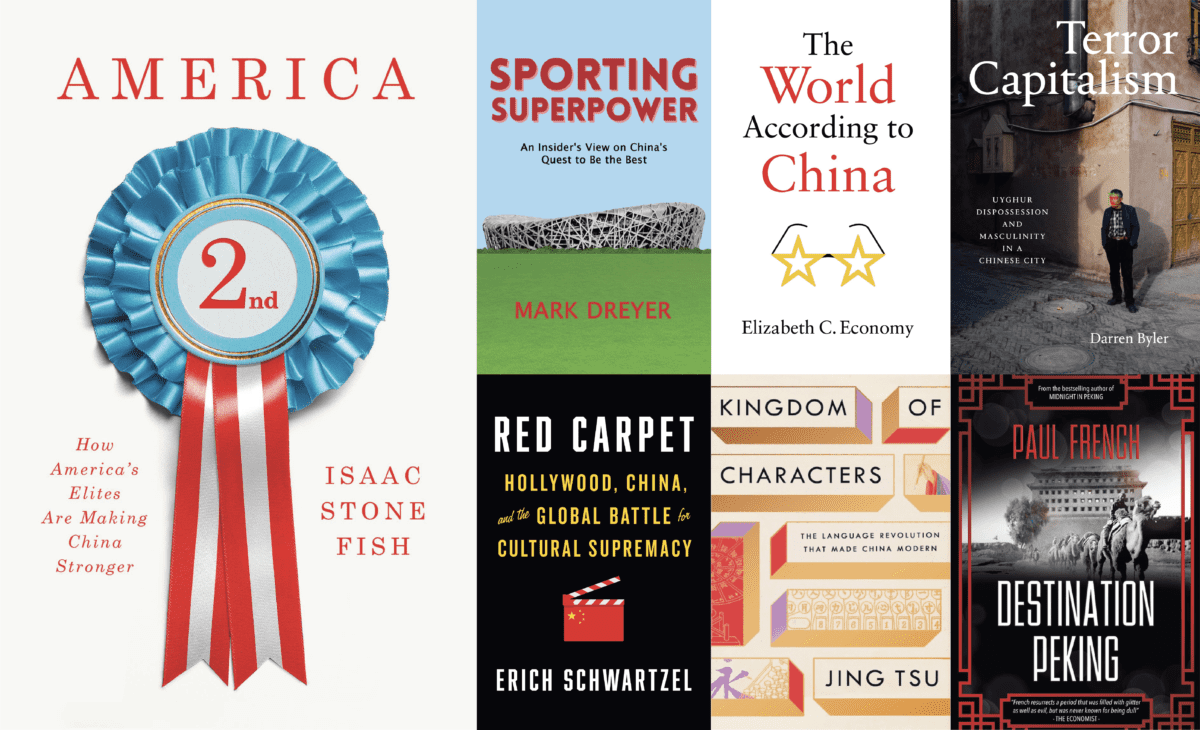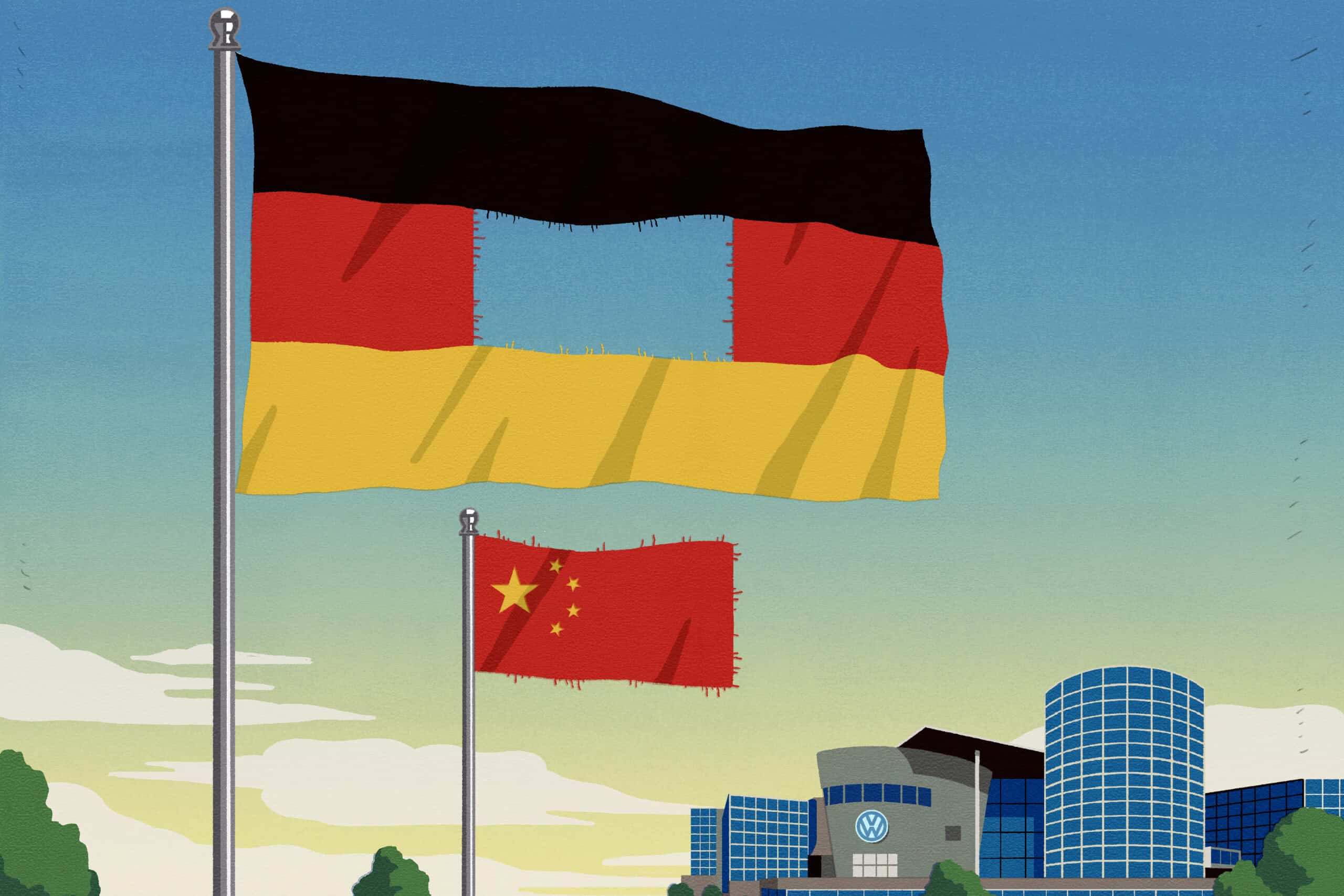Good evening. In 2002, China scholar Perry Link famously described Chinese censorship like an anaconda in the chandelier — it doesn’t feel the need to make its presence known. But a lot has changed in the 20 years since, and as our cover story this week explores, the snake has become hungrier and more unpredictable — with serious consequences for U.S. China scholars. Elsewhere, we look at the barrage of China bills coming out of D.C.; an interview with Ami Bera, one of the congressmen leading the charge with China-related bills; a round-up of the best new China books; and an op-ed from Victor Shih on if China should help Russia evade U.S. sanctions. If you’re not already a paid subscriber to The Wire, please sign up here.
Want this emailed directly to your inbox? Sign up to receive our free newsletter.

The Censorship Circus
In an excerpt from his new book, America Second, Isaac Stone Fish argues that the Chinese Communist Party’s influence has permeated American society so much that many Americans already engage in self-censorship about China without even knowing it. The types and severity vary, but academic concessions pose a special problem. After all, how can the U.S. hope to understand China if its scholars are struggling to figure out how to speak about it?

The Big Picture: DC’s Barrage of China Bills
Since January 2021, almost 200 bills containing China-related content have been introduced in the U.S. Congress, almost double the number of bills related to Russia. This week, Eliot Chen takes stock of all of these bills: What’s in them, who’s writing them, and what they show about Washington’s priorities.
A Q&A with Ami Bera

Congressman Ami Bera is a Democrat who represents California’s 7th Congressional district. In office since 2013, Representative Bera is chairman of the Subcommittee on Asia, the Pacific, Central Asia, and Nonproliferation within the House Foreign Affairs Committee. He is also a senior member on the House Committee on Science, Space, and Technology. Over the last year, he has sponsored legislation to bolster support for Taiwan and counter what he sees as China’s economic coercion. In this week’s Q&A with Katrina Northrop, he talks about how the U.S. should compete with China, Beijing’s changing calculus on Taiwan, the difference between Democrats and the Republicans on China, and the power of Biden’s coalitions.
Ami Bera
Illustration by Lauren Crow

Books for the New Reality
This month’s round-up of new China books uncovers fresh aspects of our new reality — from Chinese influence in America, to Chinese perspectives on a new global order, as well as books on China’s relationship with Hollywood, and it’s sporting ambitions.

China Enters the Center Stage of Global Affairs
With Russia’s land invasion of Ukraine now a reality, the U.S. has unleashed financial sanctions on major corporations and a wide swath of the Russian elite. China can easily help Russia and its oligarchs circumvent U.S. sanctions and, in the process, show that it has become a superpower. But, as Victor Shih argues in this week’s op-ed, that might not be a good idea in the long run.
Subscribe today for unlimited access, starting at only $19 a month.



